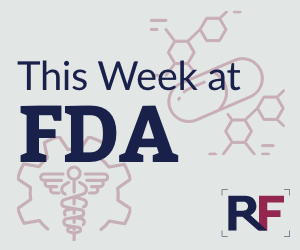This Week at FDA: Califf calls for adcomm reform, first OTC naloxone may be on horizon
 APIsBiologics/ biosimilars/ vaccinesBiotechnologyCombination products/companion diagnosticsDiagnostics/IVDsMedical DevicesNorth AmericaNutritional/Natural HealthOTCOtherPharmaceuticalsRegulatory Intelligence/Policy
APIsBiologics/ biosimilars/ vaccinesBiotechnologyCombination products/companion diagnosticsDiagnostics/IVDsMedical DevicesNorth AmericaNutritional/Natural HealthOTCOtherPharmaceuticalsRegulatory Intelligence/Policy